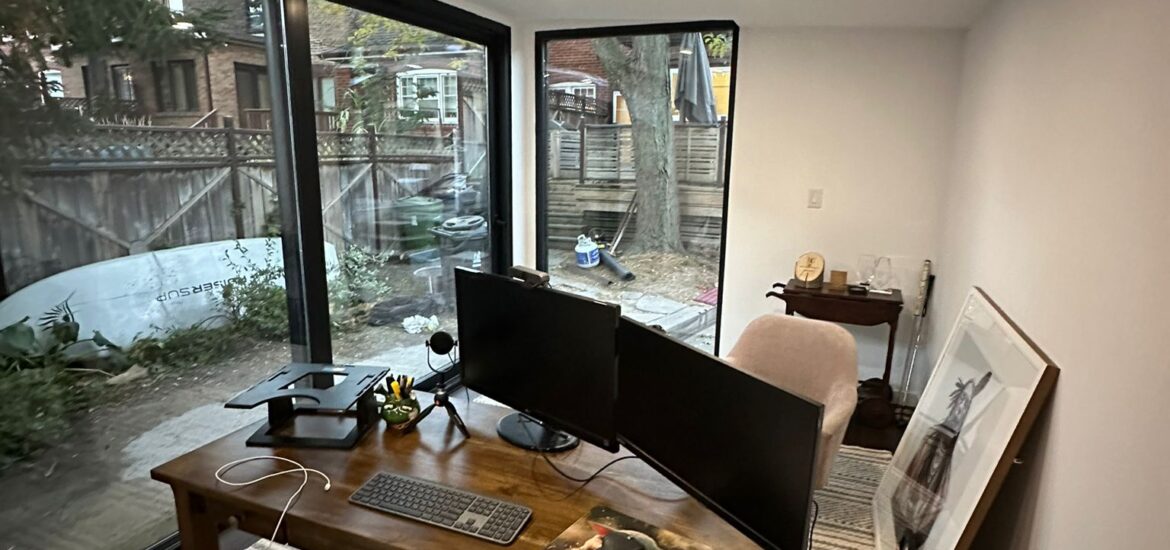When deciding whether to build a metal, composite, or wooden garden shed, several factors come into play, such as durability, cost, aesthetics, and maintenance. Here’s a breakdown of each material to help determine which is the most practical choice for your garden shed. Modern Garden Rooms by Garden Haus
1. Metal Garden Sheds
Pros:
- Durability: Metal sheds, particularly those made from galvanized steel, are highly resistant to weather conditions such as rain, snow, and strong winds. They’re less likely to rot or be damaged by pests, offering longevity.
- Low Maintenance: Metal sheds require minimal maintenance, as they don’t need painting or sealing like wood. Their sturdiness and resistance to termites and other pests make them a low-maintenance option.
- Security: Metal is tough and provides a higher level of security, as it’s difficult to break into compared to wood or composite sheds.
Cons:
- Insulation: Metal can heat up and become very cold, offering poor insulation. If you need a shed that can store sensitive items or be used year-round, you may need to add insulation or choose a different material.
- Rust: Over time, metal can rust, especially if exposed to moisture. However, using high-quality galvanized steel can reduce this risk.
2. Composite Garden Sheds
Pros:
- Durability: Composite sheds, made from a mix of wood fibers and plastic, are highly durable. They don’t warp, crack, or rot like wood, and they are resistant to pests and mold.
- Low Maintenance: Composite materials require very little upkeep—no painting or sealing is needed, and they are resistant to fading or staining.
- Aesthetics: Composite sheds offer a more modern, sleek appearance and are available in a variety of colors and textures to suit your garden style.
Cons:
- Cost: Composite sheds can be more expensive than wood or metal options, making them less cost-effective for some budgets.
- Weight: They can be heavier than metal sheds, which might make construction more challenging, though it also adds to their stability.

3. Wooden Garden Sheds
Pros:
- Aesthetic Appeal: Wood offers a natural, traditional look that blends beautifully with gardens. Many people choose wooden sheds for their aesthetic value, and they can be customized and painted to match the style of your home and garden.
- Insulation: Wood provides natural insulation, keeping the temperature inside your shed more stable throughout the year, which can be important if you plan to store temperature-sensitive items.
- Customization: Wooden sheds are often easier to modify and can be designed in various sizes and styles to meet your needs.
Cons:
- Maintenance: Wooden sheds require regular maintenance, such as staining or painting, to protect against weather damage, rot, and pests.
- Vulnerability: Wood is prone to damage from pests like termites, and prolonged exposure to moisture can lead to rot and warping. Without proper maintenance, wooden sheds can deteriorate over time.
Conclusion
The most practical choice depends on your specific needs:
- Metal sheds are great for durability and security with minimal maintenance.
- Composite sheds offer a balance of durability and aesthetics with lower upkeep.
- Wooden sheds are perfect for those who want a traditional, customizable design and don’t mind regular maintenance.
Consider your climate, budget, and maintenance preferences before deciding, as each material offers unique benefits for different purposes.



